Who pays Council Tax?
Council Tax is charged on every domestic property. This can be a house, bungalow, flat, lodge, caravan or houseboat.
Sole or main residence
Sole or main residence is where someone lives most of the time. To decide who pays Council Tax, we consider where their main home is. Generally, if you live there most of the time, your possessions are there and you are not registered for Council Tax elsewhere; a property will be considered as your main home.
You will be responsible for the Council Tax if you are:
- over the age of 18
- living in a self contained property as your sole or main residence
- the person highest on the list below.
The below list identifies who must pay Council Tax. If two or more people are in the same category, they are jointly responsible for paying Council Tax.
- Freeholder (owner-occupier)
- Leaseholder
- Tenant
- Licensee such as caretakers/publicans
- Someone else living in the property, including squatters/illegal tenants
- If no one lives there, the owner or tenant (if tenancy has not ended)
Example: If there is no resident freeholder then the resident leaseholder will be liable. If there is no resident freeholder nor a resident leaseholder then the resident tenant will be liable to pay etc. until the liable person is determined.
More than one person may have to pay the bill. For example, joint owners or joint tenants. Usually husbands and wives and couples living as man and wife are jointly responsible, unless either of them suffers from a severe mental impairment.
The owner is responsible for the Council Tax on these property types:
- Residential care home, nursing home or hostel
- Property occupied by a religious community
- Properties used by a minister of religion
- Properties occupied by asylum seekers
- Properties occupied by resident staff
- House in multiple occupation (bed-sits or properties where more than one household lives and they pay rent only for the part they live in)
Council Tax, Freeman on the Land, and similar groups
Very occasionally we get people, such as Freeman on the Land and similar groups who wrongly believe that using an archaic law means they don't have to pay Council Tax. There are many misleading articles and templates on the internet regarding the legality of Council Tax. The Freeman on the Land movement (and similar groups) are under the belief that they are only bound by contracts and laws they have consented to. They should not confuse the law relating to contracts and alleged rights under common law with the legislation relating to the administration and collection of Council Tax. Further information regarding this matter can be found on our Council Tax Legislation page.




